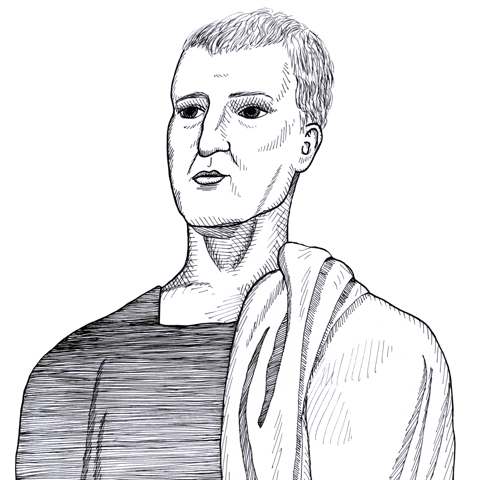
Gaius states that according to natural reason the first occupier of any previously unowned property becomes the just owner (2nd Century)
Found in: Institutes of Roman Law
The Roman jurist Gaius (130-180) in his collection of Roman law states that according to the principle of “right reason” any previously unowned thing becomes the just property of the first occupant who is able to “capture” it:
Property Rights
§ 65. Thus it appears that some modes of alienation are based on natural law, as tradition, and others on civil law, as mancipation, surrender before the magistrate, usucapion, for these are titles confined to citizens of Rome.
§ 66. Another title of natural reason, besides Tradition, is Occupation, whereby things previously the property of no one become the property of the first occupant, as the wild inhabitants of earth, air, and water, as soon as they are captured.
§ 67. For wild beasts, birds, and fishes, as soon as they are captured, become, by natural law, the property of the captor, but only continue such so long as they continue in his power; after breaking from his custody and recovering their natural liberty, they may become the property of the next occupant; for the ownership of the first captor is terminated. Their natural liberty is deemed to be recovered when they have escaped from his sight, or, though they continue in his sight, when they are difficult to recapture.